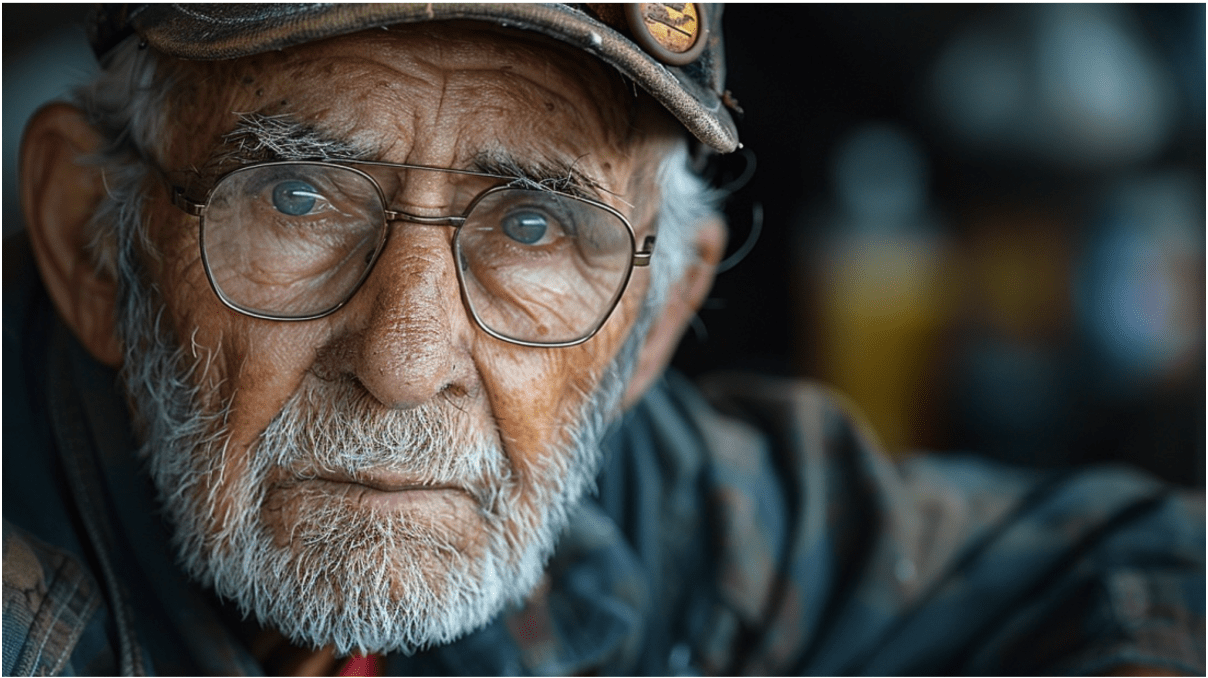US
Can you record someone without their consent in California?

No, it is not permissible to record a confidential conversation without anyone’s consent. According to Californian law, it is an eavesdropping crime according to Penal Code 632 PC.
The regulation makes recording any telephone calls or conversations in private is a crime. However, you can legally record a communication done publically. The law excludes the police and some private people from recording and collecting evidence for a crime/ offense.
Violating the Penal code 632 is a wobbler crime. It means you will be charged either as a felony or misdemeanor at the prosecutor’s will. So, when the prosecutor marks the crime as a misdemeanor, the highest penalties include:
- Imprisonment in the country prison for a year or a fine of $2500.
However, when the prosecutor marks the crime as a felony, then it is punishable by:
- Sixteen months, two years, or three years in the state jail or a fine of $2500.
What is eavesdropping under Penal Code 632?
According to Californian law, Penal Code 632 has marked eavesdropping as a crime. To make it a crime, the following conditions must prevail:
- The act should be done on purpose and not accidentally.
- It should be done without the consent of the person conversing.
- The conversation should be private.
- The act should involve a recording device to record the conversation.
According to the law of California, a conversation is only marked private if a party involved in the conversation states that no one should overhear it. Whether the conversation is confidential or not is completely subjective.
Can you apply this rule to public conversations?
It works on whether the law applies to public conversations or not. A private and confidential conversation occurs at least one of the conversation participants agree that no one else hears it.
It means that PC 632 is not applicable for public conversations because a public conversation is meant to be heard by everyone. As per the regulation, the rule doesn’t apply to:
Any lawful, executive, and administrative process being discussed in the public or any situation where the parties communicating may expect that the communication is recorded or overheard.
Can illegal call recording be done to collect evidence?
Well, it can only be done by law enforcement workers. Police can listen to the private conversations of people without their consent. Any evidence acquired by the police bodies is acceptable in the court.
However, common people can be immediately summoned by law if they record a conversation to collect evidence about a crime.
They are only exempted if the recording is done to locate and collect pieces of evidence for crimes like bribery, extortion, kidnapping, and any felony.
If you are a victim of illegal call recording and are not aware of your rights or want to take immediate action against it, you should get in touch with Kazerouni Law Group. The professionals will give you a free case evaluation and inform you about all the legal actions you can take.
US
Creating Safe Havens: Inside Genesis USA’s Vision for Inclusive Housing

GenesisUSA, a nonprofit based in Arlington, Texas, works to improve the lives of disabled veterans and children who have lost their parents. Led by Charles Ford, the organization goes beyond providing financial aid. It focuses on long-term solutions, like building wheelchair-accessible homes, to support independence and dignity for those in need. With rising housing costs and growing inequality, GenesisUSA’s mission addresses a critical gap.
Ford and his team create supportive environments that help promote self-reliance in underserved communities. As a smaller, community-based organization, it addresses challenges that can be difficult for larger organizations to manage. Its work shows how local initiatives can make a noticeable difference.
A Growing Crisis: The Need for Accessible Housing
The demand for affordable and accessible housing continues to grow. A 2023 report from the National Low Income Housing Coalition estimated that more than 11 million U.S. households need homes with accessibility features. This challenge is more pronounced for disabled veterans, with nearly four million living in homes that do not meet their physical needs.
“Our veterans have sacrificed a lot for this country, but many still face housing that doesn’t suit their needs,” Ford says. “Beyond merely providing them shelter, we’re creating a space where they can live comfortably.”
GenesisUSA is responding by building homes designed for accessibility. These houses include ramps, wider doorways, and modified kitchens and bathrooms to allow veterans to live more independently. The organization also plans to create supportive environments for children who have lost their parents, many of whom also face mobility challenges.
Ford’s Community-Driven Leadership at GenesisUSA
Ford’s years of experience in construction and his dedication to charitable work have shaped his leadership at GenesisUSA. He stays closely involved, often meeting veterans and families to learn about their needs firsthand. “For me, it’s about building personal connections,” Ford says. “Large charities sometimes miss the individual stories.”
The community focus defines Ford’s leadership. Although some wonder if a smaller nonprofit can make a meaningful impact, Ford is confident. “We don’t have celebrity endorsements or huge budgets, but we have real relationships with the people we help,” he says. His dedication to grassroots efforts sets GenesisUSA apart from larger, more structured organizations.
GenesisUSA has already helped over 100 people and aims to expand its impact with affordable, accessible housing solutions. One notable feature is the inclusion of a wheelchair-accessible swimming pool, which has received positive feedback. Ford says, “We’re creating spaces where people can enjoy life fully, just like everyone else,” which reflects the organization’s mission to support independence and inclusion.
Building More Than Homes: A Reflection of Hope
Ford looks back on GenesisUSA’s progress with a clear sense of purpose. “We’re not simply building homes, we’re offering hope and building opportunities for independence,” he says. “We’re here to support veterans who face mobility challenges and children who have lost their parents, offering them a chance at a more self-reliant life.”
As the organization’s reach expands, so does its ability to impact lives across the country. Its work embodies Ford’s dedication to ensuring that no one is overlooked. Ford envisions scaling their efforts while maintaining the personalized approach that defines their model.
“We’re still in the early stages,” he notes. “As we grow, we’ll continue to prioritize individual needs. Our success hinges on the improved quality of life for each person we help.”
As the demand for accessible, supportive housing rises, organizations like GenesisUSA play an important role in filling gaps left by larger institutions and government programs. Through its focus on tailored support and community-driven solutions, GenesisUSA is building a model for how smaller nonprofits can significantly impact and address pressing social needs.
-

 Tech4 years ago
Tech4 years agoEffuel Reviews (2021) – Effuel ECO OBD2 Saves Fuel, and Reduce Gas Cost? Effuel Customer Reviews
-

 Tech6 years ago
Tech6 years agoBosch Power Tools India Launches ‘Cordless Matlab Bosch’ Campaign to Demonstrate the Power of Cordless
-

 Lifestyle6 years ago
Lifestyle6 years agoCatholic Cases App brings Church’s Moral Teachings to Androids and iPhones
-

 Lifestyle4 years ago
Lifestyle4 years agoEast Side Hype x Billionaire Boys Club. Hottest New Streetwear Releases in Utah.
-

 Tech6 years ago
Tech6 years agoCloud Buyers & Investors to Profit in the Future
-

 Lifestyle5 years ago
Lifestyle5 years agoThe Midas of Cosmetic Dermatology: Dr. Simon Ourian
-

 Health6 years ago
Health6 years agoCBDistillery Review: Is it a scam?
-

 Entertainment6 years ago
Entertainment6 years agoAvengers Endgame now Available on 123Movies for Download & Streaming for Free
